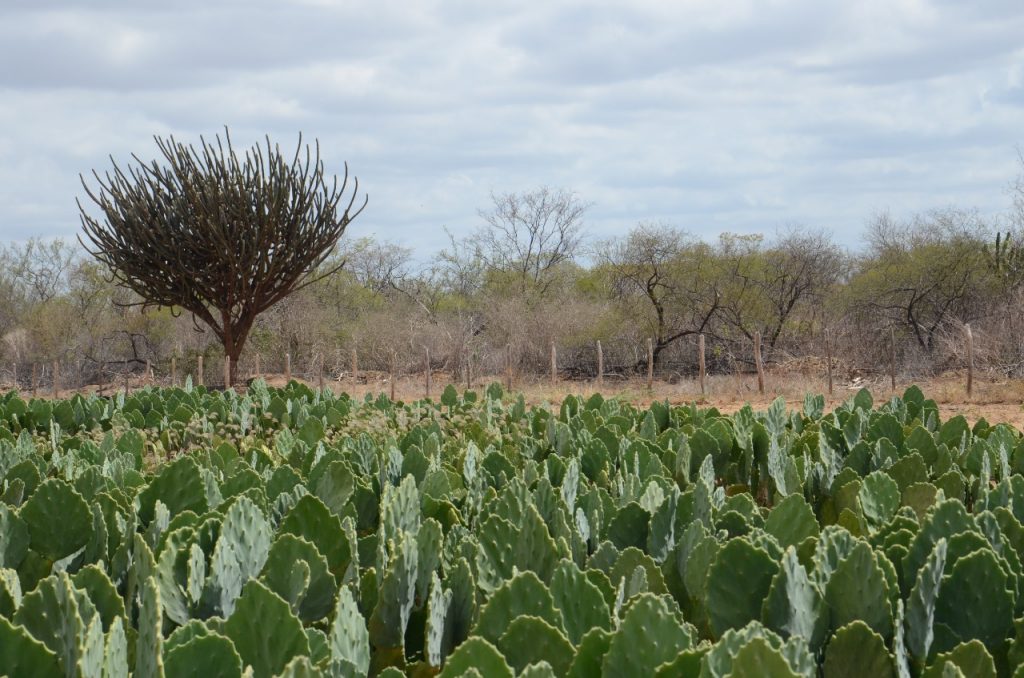São Paulo – The Brazilian Agricultural Research Corporation (Embrapa) announced this Tuesday (4) that it has partnered up with the UAE-based International Center for Biosaline Agriculture (ICBA). An Embrapa delegation traveled to the Arab country last January to discuss the partnership, among other topics. The agreement will see Embrapa and the ICBA work together to develop and share salt-rich water utilization technologies.
The deal also provides for exchange in genetic resources, foraging production, and soil management techniques to mitigate the effects of salinity. Embrapa is hoping to adapt Arab technology to improve yields and sustainability in Brazil’s Caatinga biome. Its semiarid unit (Embrapa Semiárido) is already conducting studies in Biosaline Agriculture, in tandem with its environment-oriented arm (Embrapa Meio Ambiente).
The work is being done under the federal government’s Programa Água Doce (the Fresh Water Program), which sees desalinators installed in rural communities to produce water for human consumption. The program has already covered 1,200 communities, and 743 desalination systems are currently active.
Embrapa Semiárido researcher and Semiarid Drought chair Diana Signor Deon believes the novel partnerhip will be a win-win situation. “The ICBA is interested in forage crops in use in Brazil’s semiarid areas, like the palm, and it wants to learn more about the production system developed by Embrapa, in order to adapt it to the UAE,” a press release quoted her as saying.
In addition to the partnership in biosaline agriculture, Embrapa-ICBA talks are ongoing regarding financing, the sale of technology and services, technical cooperation, and overseas support to Brazilian enterprises. As of the Embrapa delegation’s trip to the UAE, Embrapa president Celso Moretti had told ANBA he was also working towards a researcher exchange program.
Translated by Gabriel Pomerancblum




